|
Across the country, the weather is turning and we should all be out enjoying spring. So while you're whistling on a walk, or recharging your brain while going for a run, or even enjoying a piece of Karl Marx's birthday cake, I offer you some of my favourite reads of the last week from across The Conversation network.
Have a great weekend and we'll be back in your Inbox on Monday.
|
Weekend Reads
|
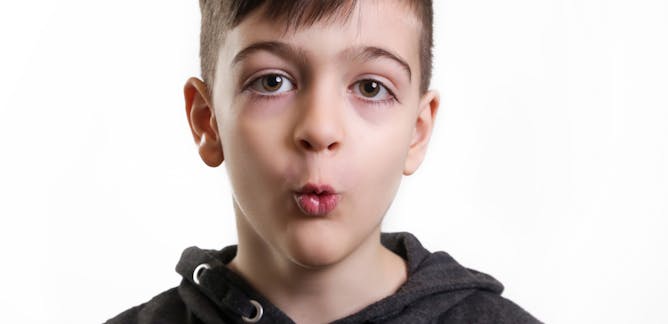
Michel Belyk, University of Toronto; Joseph F Johnson, Maastricht University; Sonja A. Kotz, Maastricht University
Humans are the only ape that sings, but we're also the only ape that sings poorly. It's a lot easier to whistle.
| |
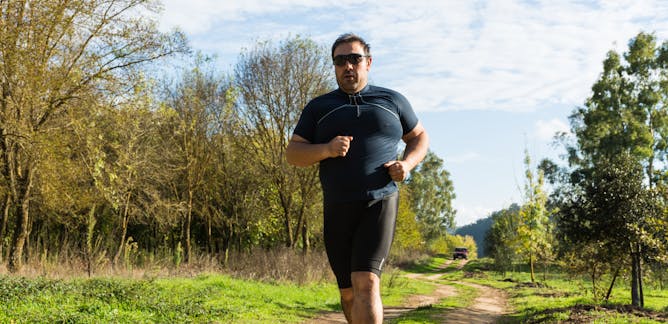
Scott Lear, Simon Fraser University
From opioids to endocannabinoids, an exercise scholar digs into the science to explain the mental health benefits of a regular workout.
|
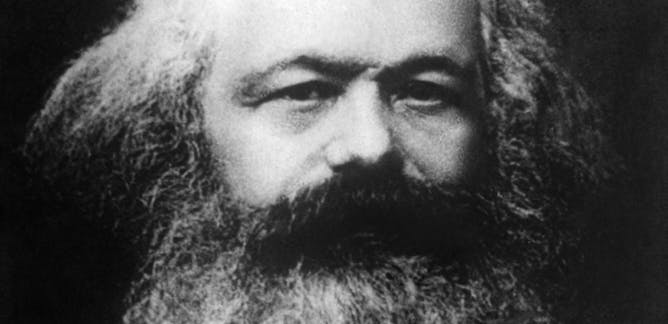
Nigel Gibson, Emerson College
Thinking with Karl Marx on his 200th birthday means recognising the importance of thought.
| |
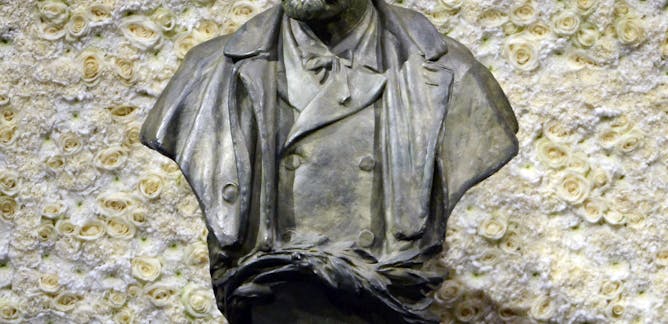
Thomas Kaiserfeld, Lund University
The long and turbulent history of the Nobel Prize for Literature continues.
|
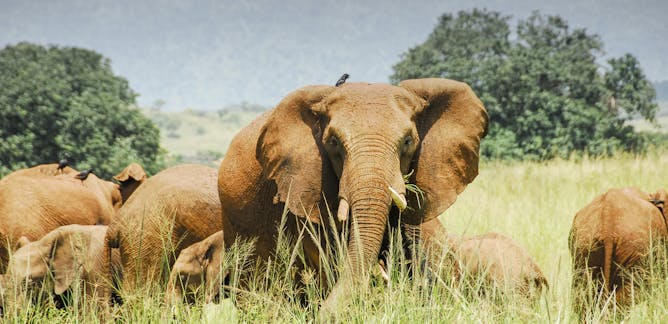
Kristof Titeca, University of Antwerp
Locations like border towns as well as people acting as middlemen provide key insights into Uganda's ivory trade.
| |

Kieran Baxter, University of Dundee
Un chercheur s’est servi d’images aériennes du début du XXᵉ siècle pour cartographier un siècle de fonte glaciaire dans les Alpes. Les résultats sont frappants.
|
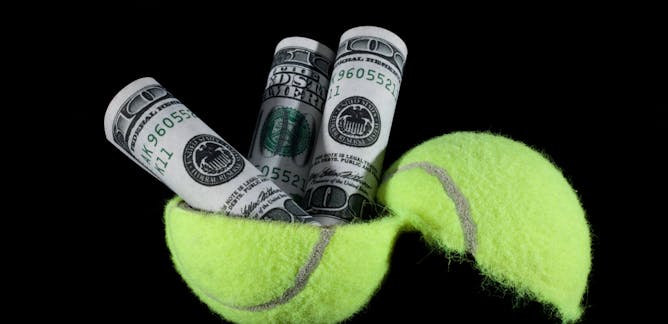
Steve Georgakis, University of Sydney
An independent review has recommended steps to clean up the sport. Tennis authorities must now demonstrate they have the will to take action.
| |
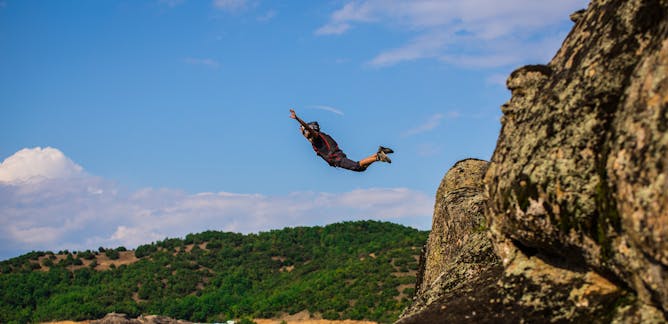
Emma Clifton, University of Cambridge; Felix Day, University of Cambridge; Ken Ong, University of Cambridge
Men who take risks are more likely to eat in response to unpleasant emotions.
|

Gerhard Schnyder, Loughborough University
Russian politics depends on a competition between different power networks. And hardline nationalists are winning at the expense of reformers.
| |

Gary Haq, University of York
Pollutants can increase stress levels, which in turn affects judgment and makes some people more likely to commit crime.
|
|
|